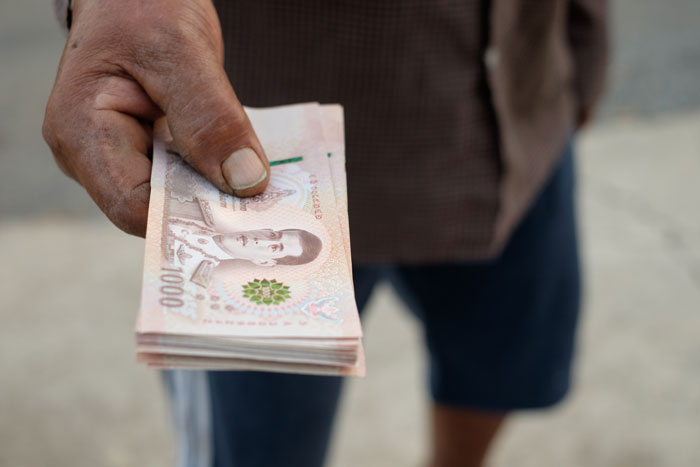Better food for better lives in Northern Thailand
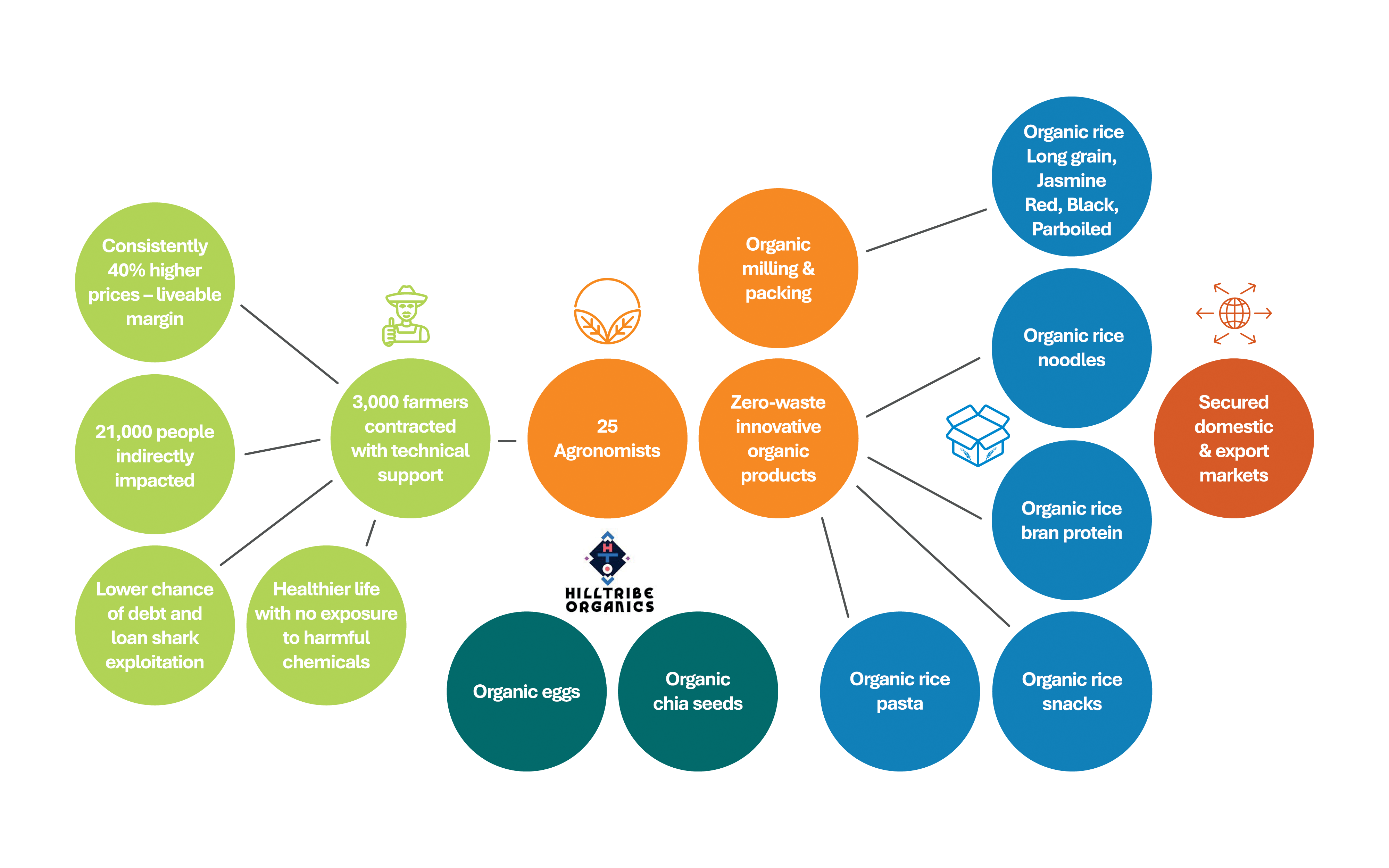
The founders of Ecologic Circle have over the last 4 decades built up a true social project in Chiang Rai, Thailand, empowering small holder farmers to consistently achieve 40% above market price. Some 3,000 farmers produce organic certified rice and other crops with technical support from a team of agronomists. Consequently, they have a lower exposure to debt and loan shark exploitation.
Through ensuring strict compliance with organic certification specifications and well organised export operations, the rice finds high value markets globally with a series of very loyal buyers who are very attached to the social dimension of the product. A zero-waste, circular approach has led to the creation of a series of organic certified value-added by-products that drive impact through profit. Securing better food for better lives. Up to now rice straw was the pain-point of still existing waste. This waste too is now to be transformed to value and impact.
The hill tribes are a socially isolated and marginalized people without citizenship between Thailand, Myanmar and Laos with limited rights and few options or avenues for redress. We succeeded to empower them with chicken farming and chia seed growing. This project has now become a great success story selling 600,000 organic certified eggs per month in Thailand and abroad with truly improved lives of the participating hill tribes. The hill tribes are soon also to start growing organic seasonings for organic instant rice noodles and organic snacks.
How bad are the next problems we are addressing with circular solutions?

Open crop burning

The practice of the open burning of rice straw is one of the biggest environmental challenges because it contributes to climate change by increasing the amount of greenhouse gas (GHG) emissions into the atmosphere. The smoke from burning rice straw also contributes to environmental pollution by reducing the air quality and emitting a large number of toxic gases such as carbon monoxide, volatile organic compounds and polycyclic aromatic hydrocarbons, which pose serious public health concerns. Burning also depletes the amount of organic matter in the soil that affects the overall fertility.
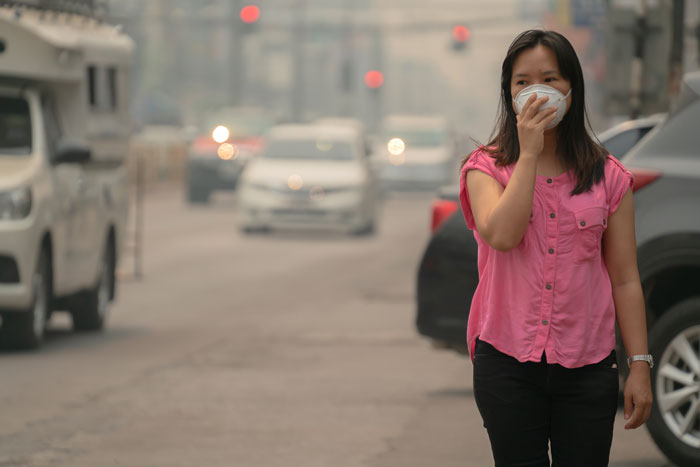

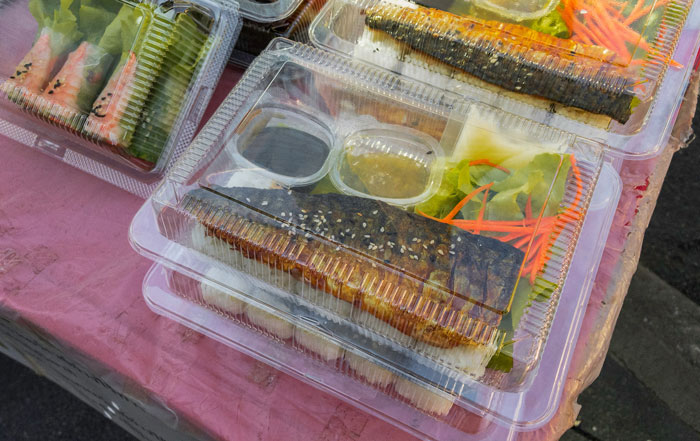
Plastic Waste

More than 80% of the world’s ocean plastic pollution originates in Asia (Faulder, 2018), where increasingly affluent urbanising societies are the fastest growing consumers of plastic worldwide (Thevenon et al., 2014). Thailand was ranked sixth globally in terms of its contribution to marine plastic pollution in 2015. It is estimated that Thai consumers get through 700,000 tonnes of polystyrene for food containers per year, 1.72 million tonnes of plastic cups and straws, together with 1.17 million tonnes of plastic bags. Outdoor street food is king – 50 million disposable food boxes are consumed daily. Other countries in the region face a similar daunting plastic waste problem.

Trees for Paper

The vast amount of rice straw lost in flames has a hidden opportunity. We have lost track of the uses we derived from rice by-products in ancient times. Over-dependence on Western technologies has led Asian countries to follow the path of an entirely wood-based paper industry over-looking the vast availability of rice straw stubble. The paper industry consumes on average 17 trees per ton of paper and an enormous amount of chemicals to break the wood down. To put this into perspective, for a single run of the Sunday New York Times, 75,000 trees are felled!
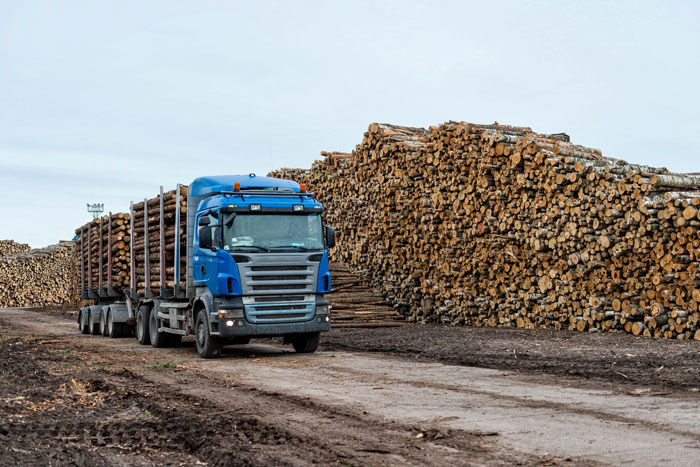

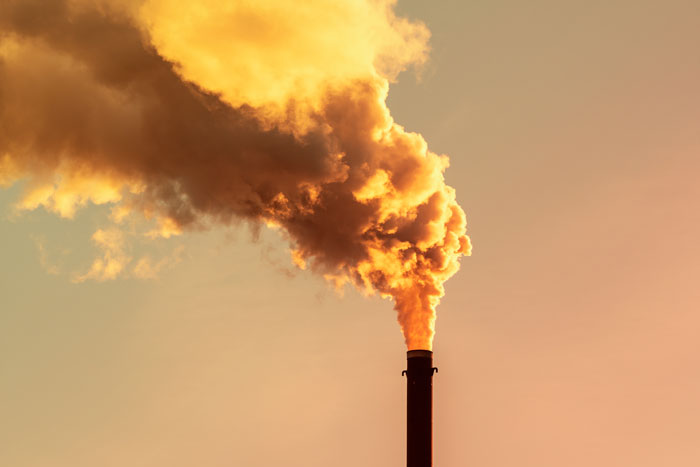
Emmissions

Southeast Asia is vulnerable if no action is taken to address climate change in part caused by deforestation, open-crop burning but also by industry, automobile emissions and energy production. Whilst emissions levels are not comparable to China’s the leading ASEAN economies’ emissions are very significant and growing, most alarming being Indonesia’s increase in recent years.
| Million Tons (CO2 equiv.) Total Emissions | |||
|---|---|---|---|
| 2020 | 2021 | 2022 | |
| Indonesia | 594.2 | 611.8 | 692.2 |
| Vietnam | 343.2 | 337.6 | 327.9 |
| Thailand | 274.3 | 276.3 | 282.4 |
| Malaysia | 252.1 | 260.6 | 277.5 |
| Philippines | 136.7 | 146.1 | 155.4 |

Farmer Debt

The farm sector has been a driving engine behind Thailand’s economic growth, but at the same time, debt among farmers keeps rising. Government data from 2021 shows that a staggering 66.7% of agricultural households were burdened with debt, primarily stemming from activities related to farming. Analysis of a large set of farmer financial dataset by PIER Economic Research Institute reports that Thai farmer households reported an average level of total debt outstanding around 429,989 Baht (USD12,835) in 2020. The analysis also highlights that many of the farmers are trapped in a vicious cycle of debt, with farmers taking on new loans to pay off old loans.
